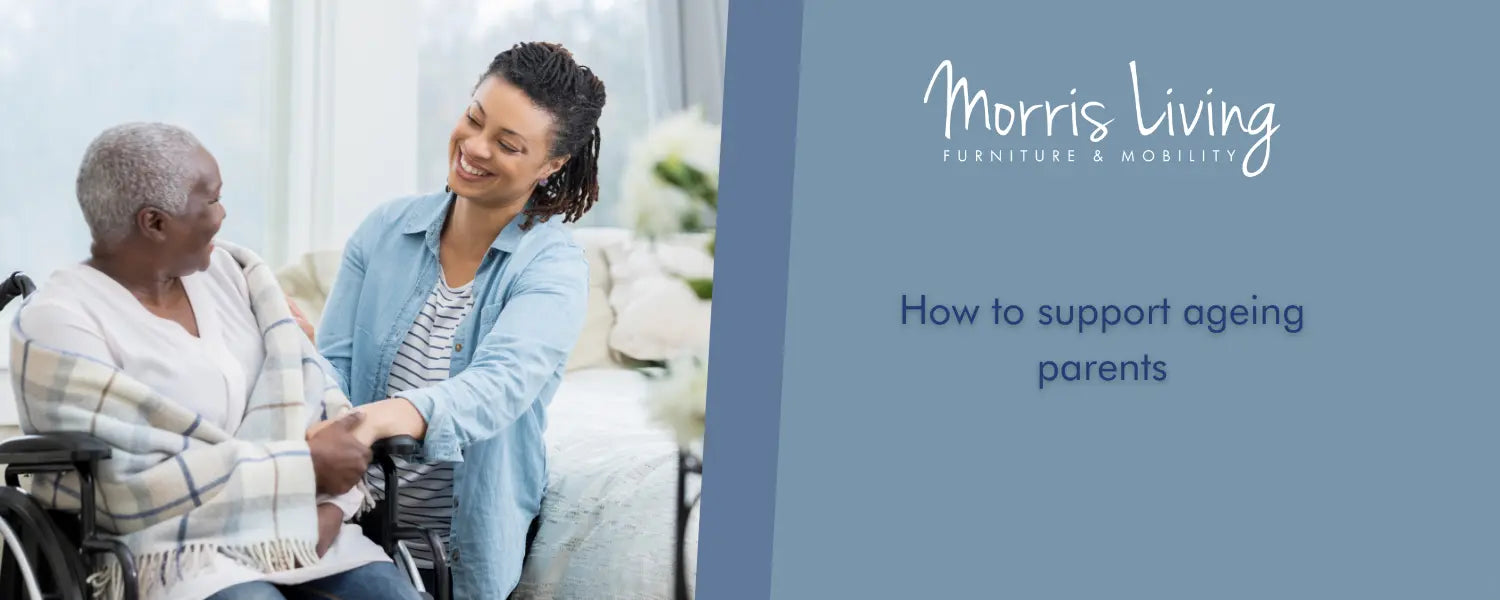
How to Support Ageing Parents
We spend so many years being cared for by our parents and it can be a very hard transition when the roles are reversed as they start to grow older and need some support. 1 June is Global Day of Parents, so it is an ideal time to think about how we can support our parents as they age and become less mobile.
Providing support to elderly parents can be emotionally and physically draining, especially if you are the main person caring for them. If you are juggling other commitments like work, then making time and having enough energy to provide support can be a challenge.
You must be mindful that your health could suffer if you put too much strain on yourself, so try and find solutions that make your life easier, such as:
Ask for help
Remember that you do not have to take on the challenge of looking after older parents alone, ask for help from other family members or if there are no family members who can help, you might be able to use free care and support services or pay for care services. If you don’t look after your health then you won’t be able to give your parent the support they need, so don’t be afraid to ask for help.
Be aware of support services
Make sure that you know about all the care support services that are available, such as benefits, equipment, and home adaptations. The NHS website has some advice on the services that may help and you can visit the gov. uk website to see whether you are entitled to a carer’s allowance.

Some charities hold support groups, with others such as Age UK holding social groups for older people and some companies that offer to do grocery shopping for elderly people, which could free up more of your time by taking the task away from you each week.
Review living arrangements
One of the most difficult discussions you will need to have at some point with your parents getting older is their living arrangements. If they live quite far away, then it will be easier for you to support them if they move closer and it will take up less of your time travelling to see them. It might be easier for them to move in with you or into residential care, senior living, or assisted living, so these are options you need to regularly review.
Many people feel guilty at the idea of their parent going into residential care but for many elderly people, residential care can be a much better experience than living at home alone. They can have more of social life and there are lots of activities to get involved in and hobbies that they can pursue.
Use your support network
When you are feeling stressed about your caring duties, talk to the people around you to get some emotional support. Your friends may be able to suggest ways of making life easier for you or may be able to help you out with some of the responsibilities you have.

Encourage social connections
If your parent is solely dependent on you, it is not only more difficult for you to manage, but they will also miss out on the social interactions with other people. Age UK has day centres where elderly people can go and spend some time socialising and doing a range of activities.
Day centres are run by trained staff, and they arrange activities such as quizzes, singing and music, gentle exercise, arts, and crafts and some will even go on day trips. Try to encourage your parent to get involved in social activities as early as possible, so that they have their network of people and are not just relying on you for their social interactions.
Have regular conversations with your parent
Talking to your elderly parent about them needing more practical support can be a hard conversation to start, as they will want to keep as much independence as possible. You should try to have regular conversations about how they are coping with activities such as washing, preparing meals, and getting dressed. This will allow you to make adaptions as they are needed.
You may find that your parent is embarrassed that they are unable to do things that they used to be able to do and they might be hesitant to ask for help, which is why it is important to have open conversations.
They may also be embarrassed to tell you if they are feeling lonely, so talking about it and trying to do social activities is very important.
Adapting the home
There are lots of ways that you can help extend your parent’s independence with equipment and adaptations to the home. From using walking frames, shower seats, and riser recliners to stairlifts and handrails, there are lots of adaptations that will help your parent to live independently for longer.
When your parent becomes less mobile, you can apply for a home assessment and an occupational therapist will visit and talk about the different equipment and adaptations that are available.
Funding is often available for equipment, and you can even get funding for riser recliner chairs that provide additional physical support for people with certain medical conditions. Morris Living has a large range of riser recliners that help provide essential support for sitting comfortably and being able to stand up with assistance.
Most of all, it is important to recognise that caring for ageing parents is a change to the family dynamic and if you are struggling, it is absolutely ok to reach out and accept help.

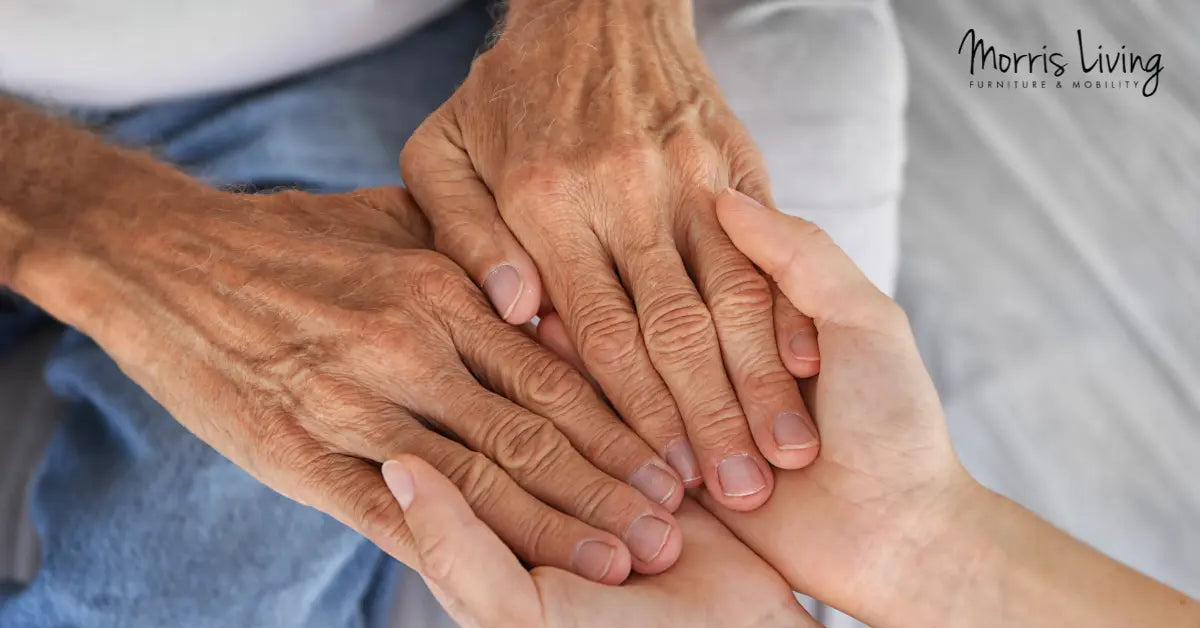
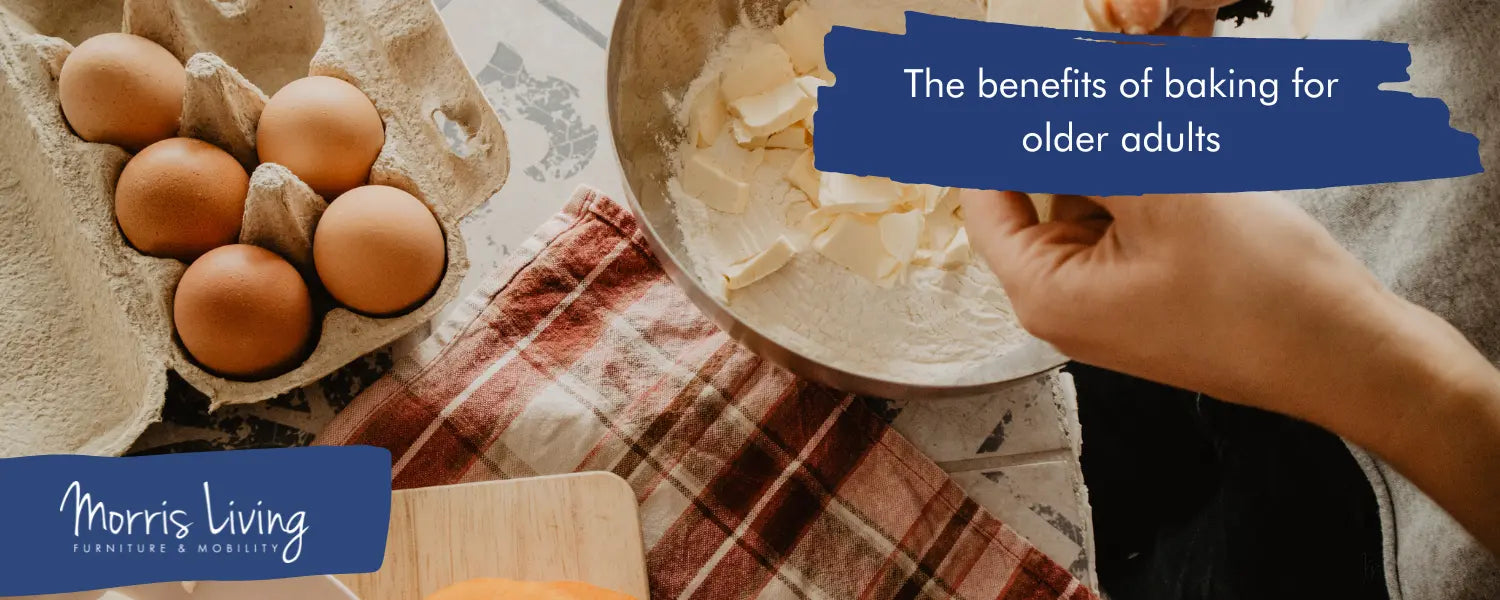
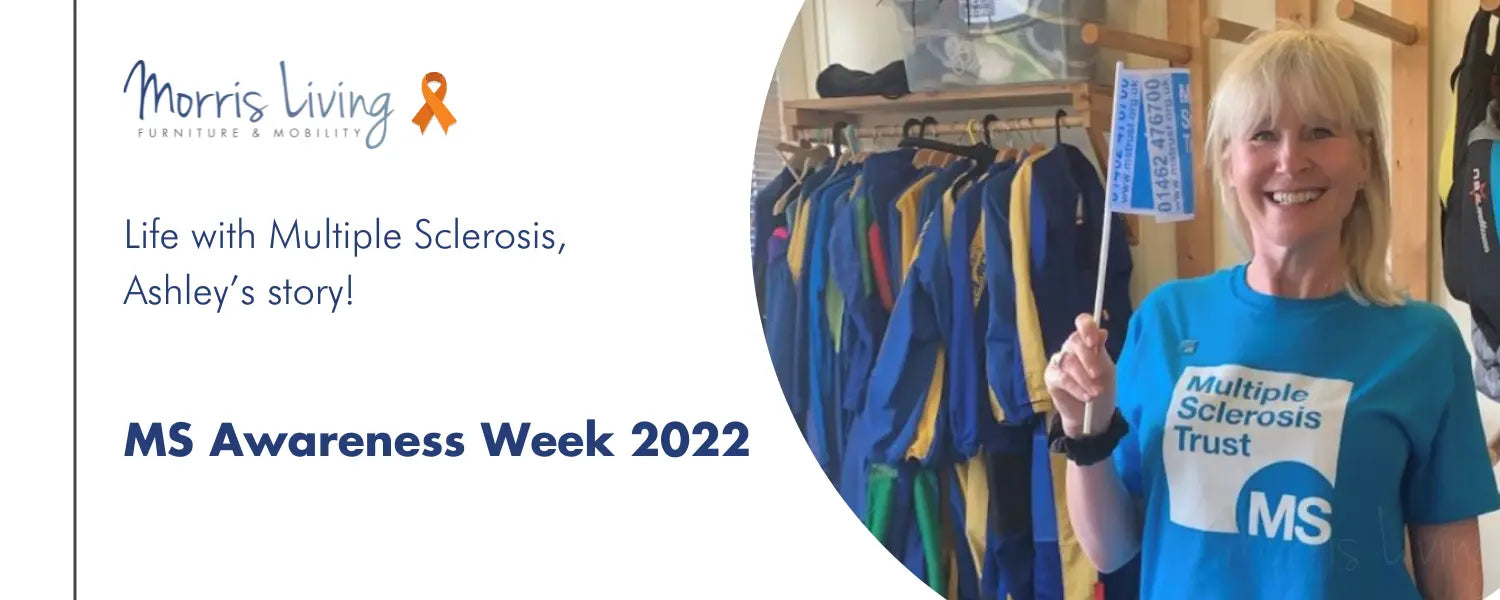
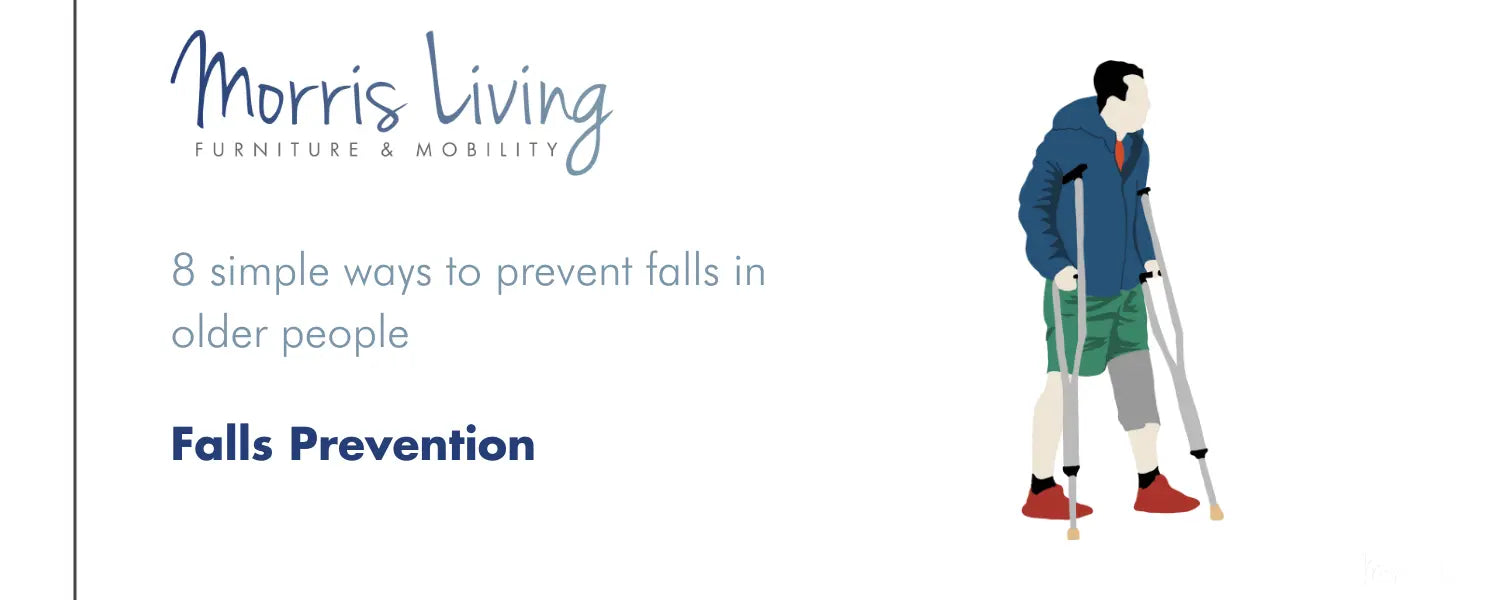
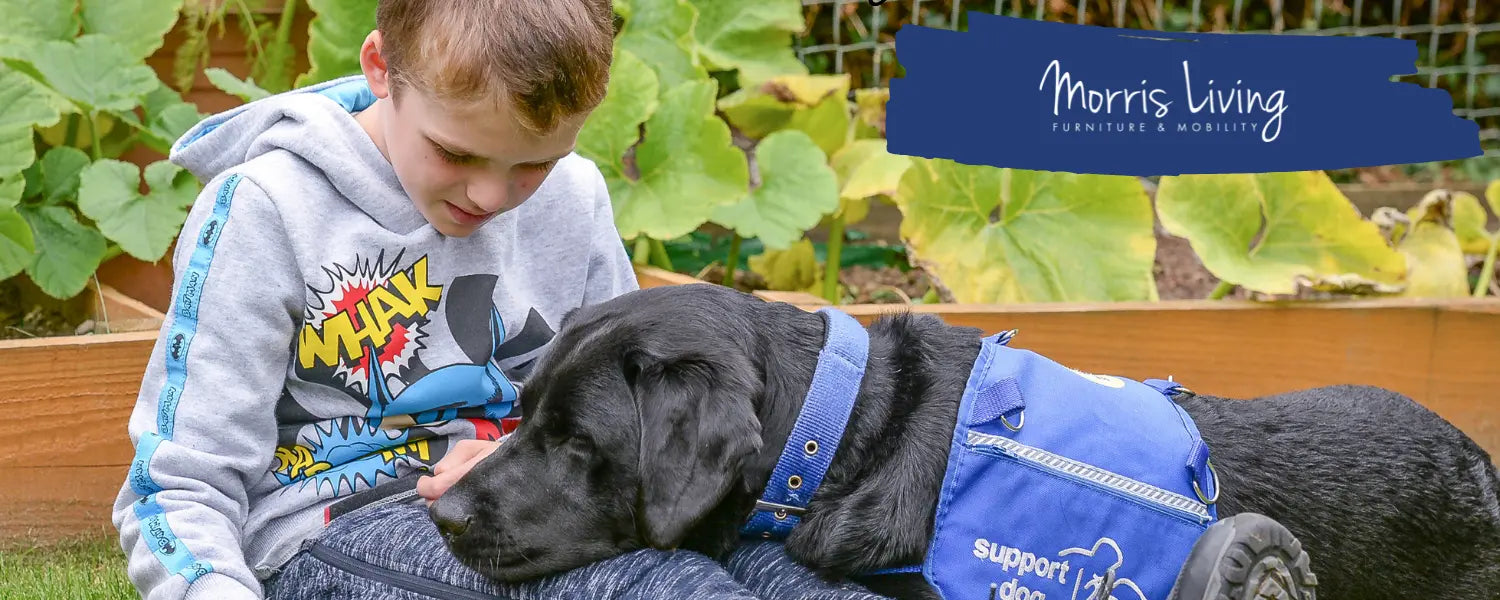

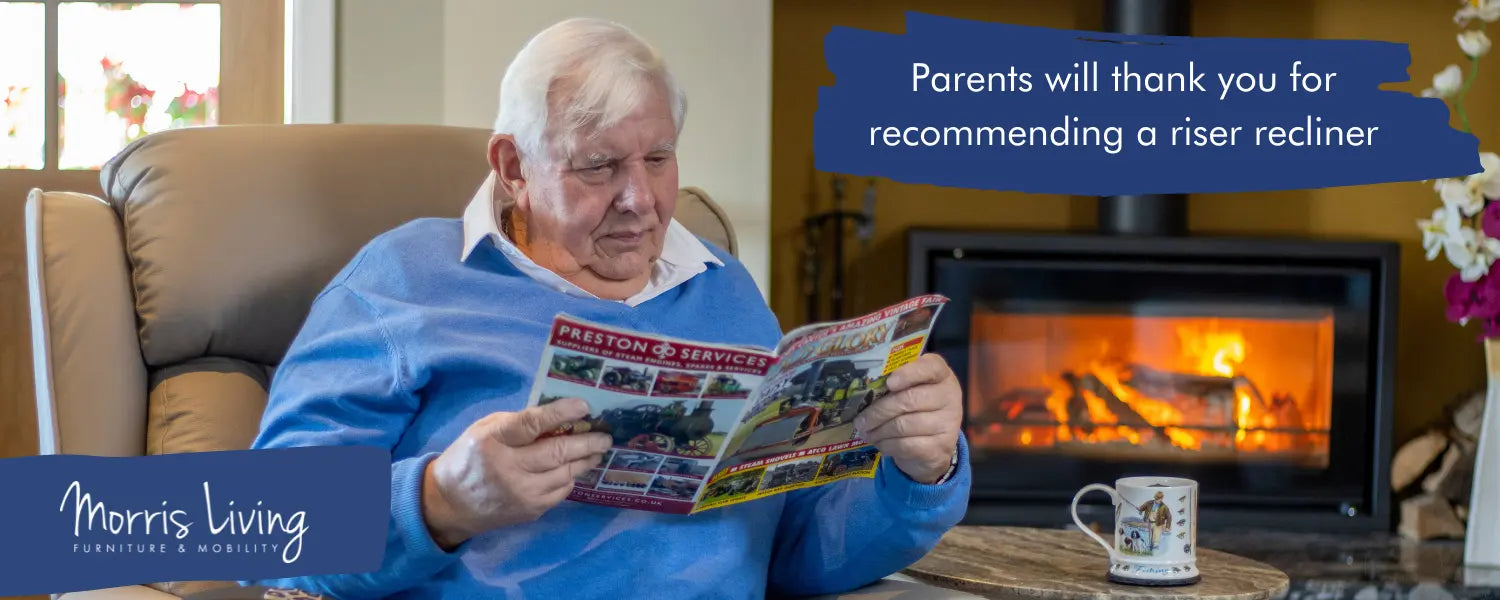


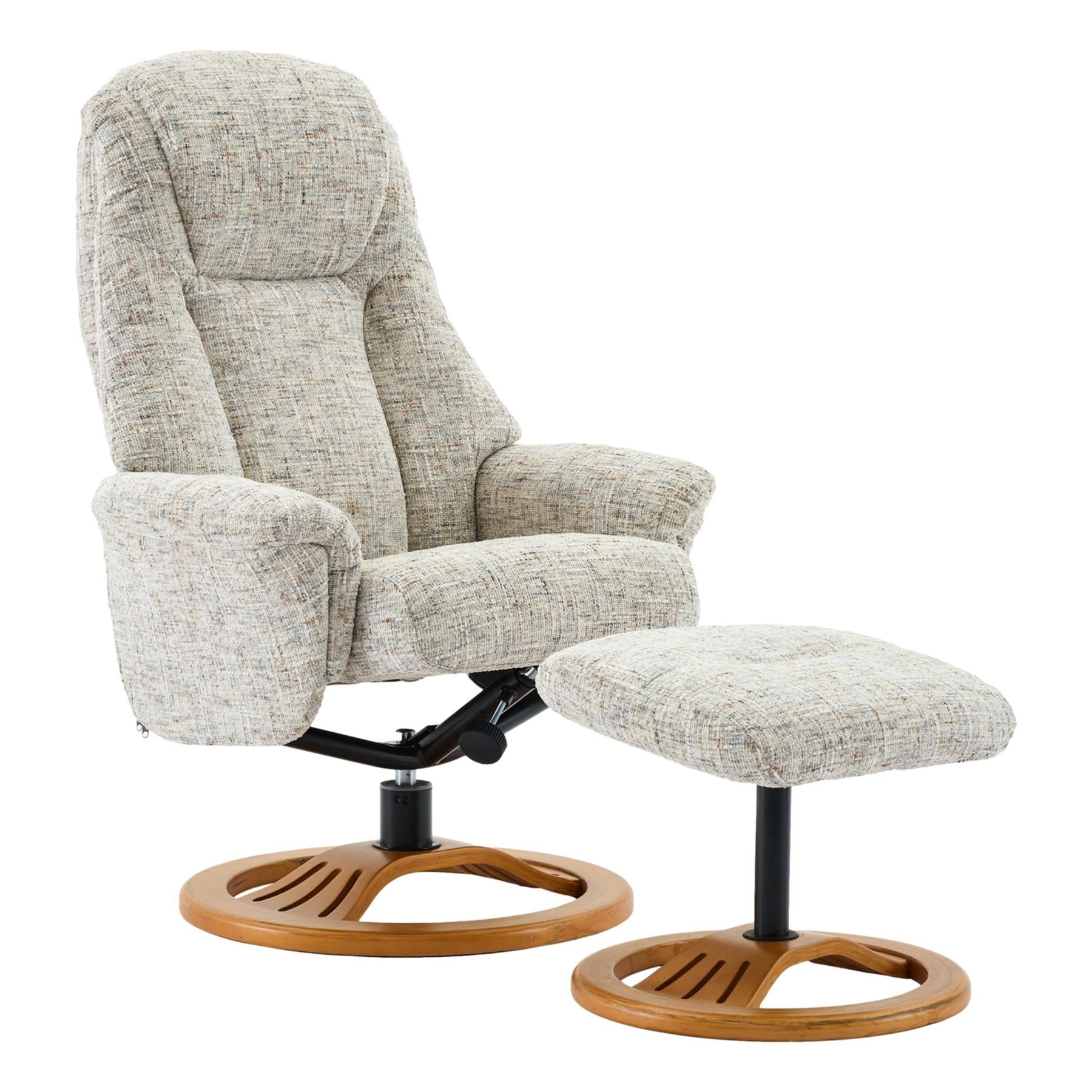
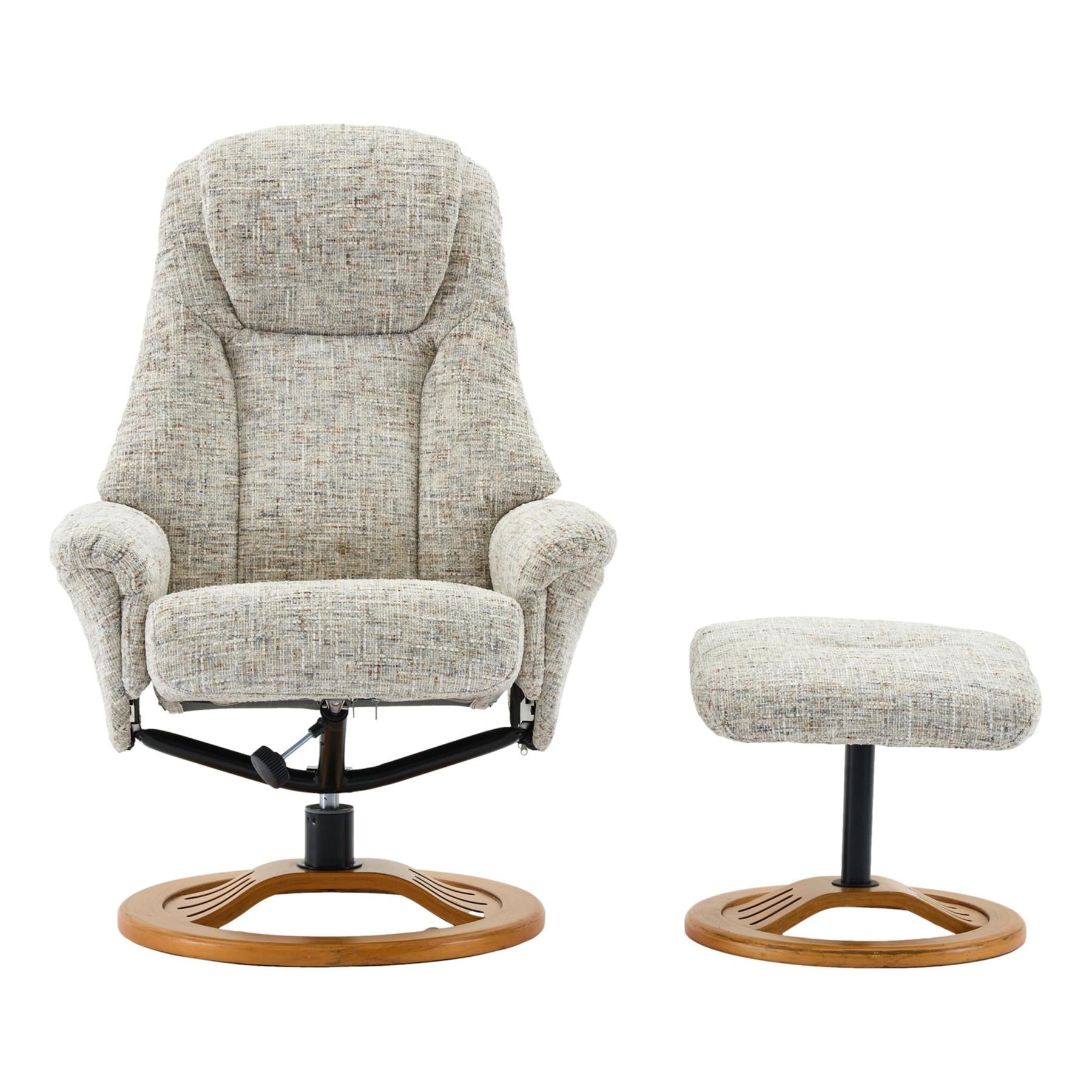
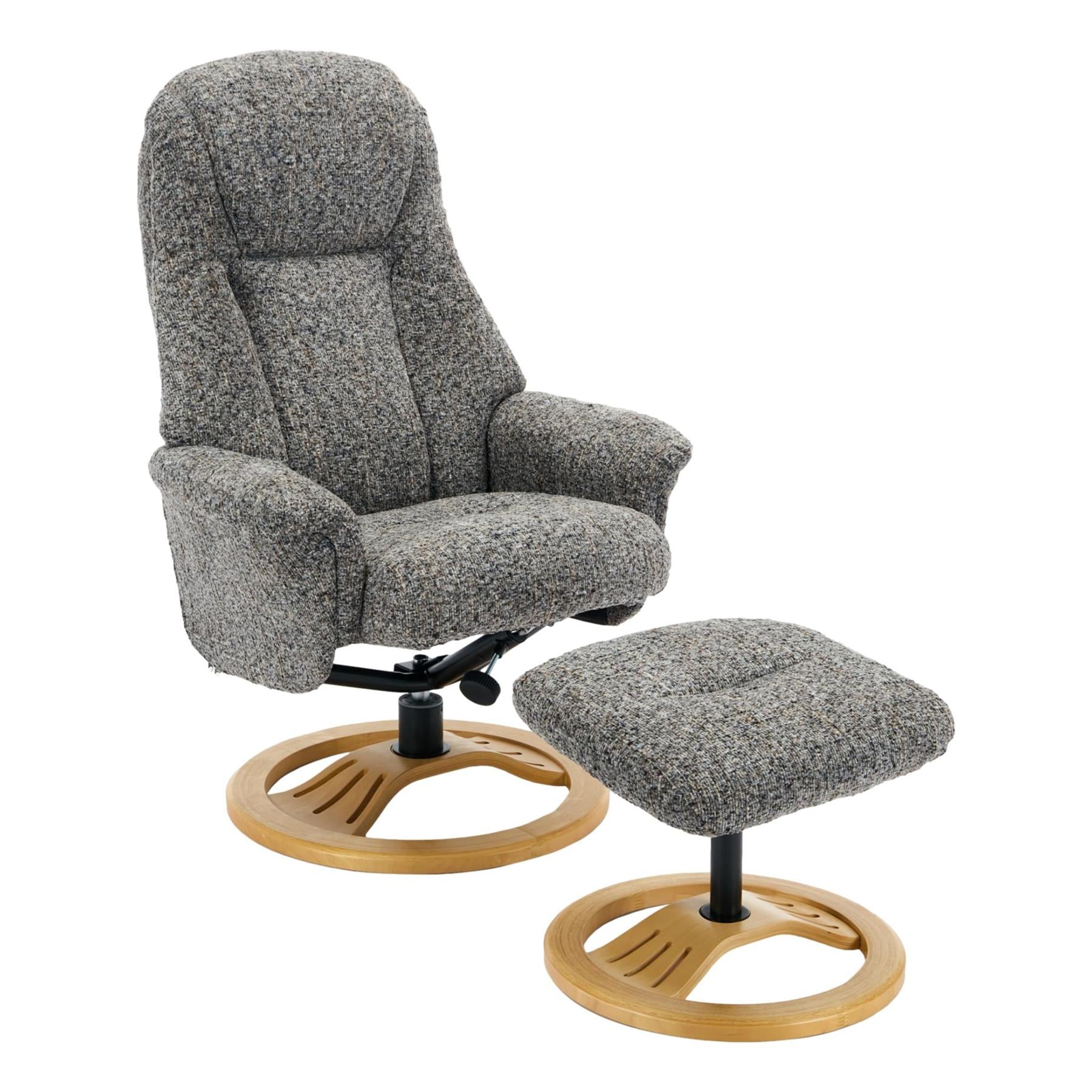
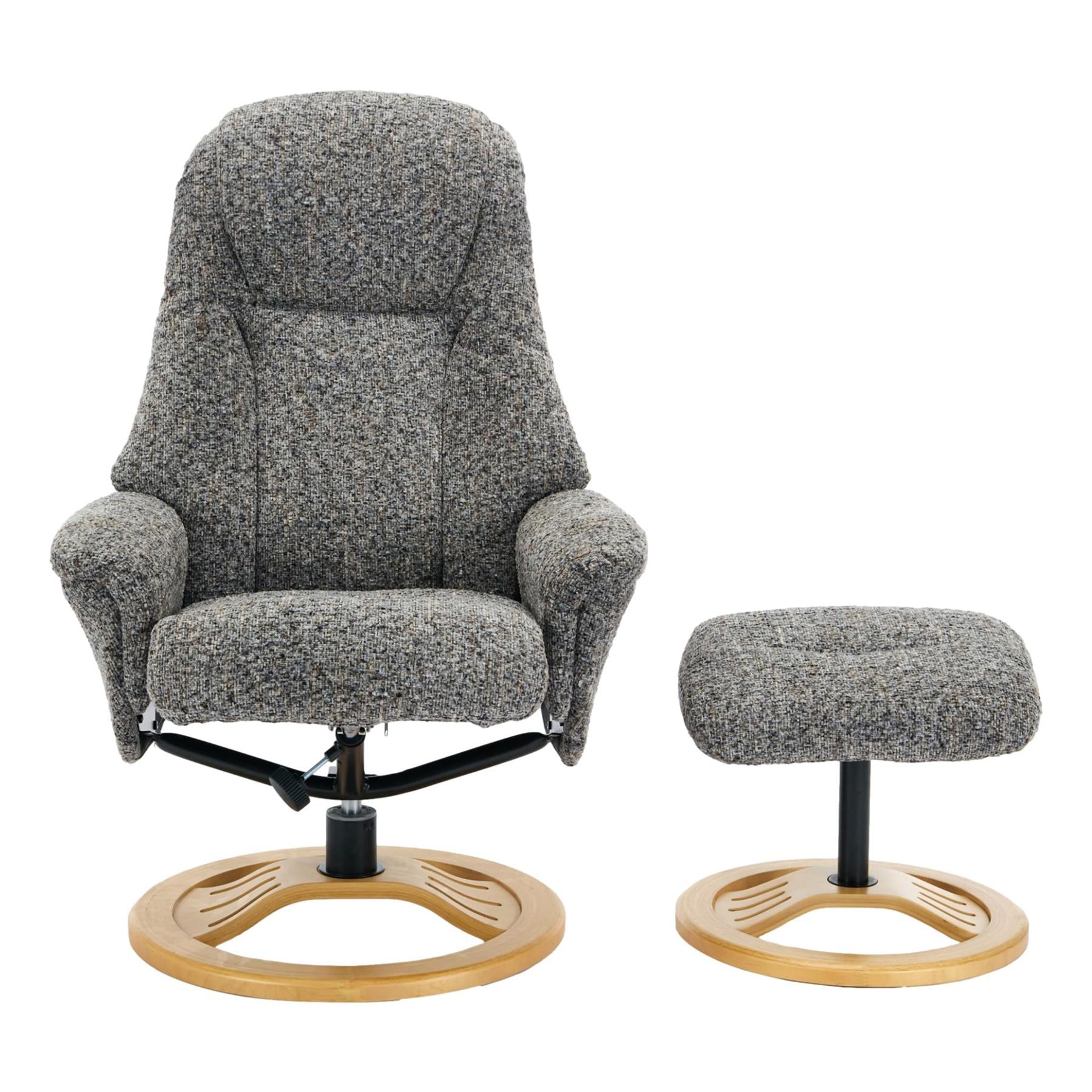
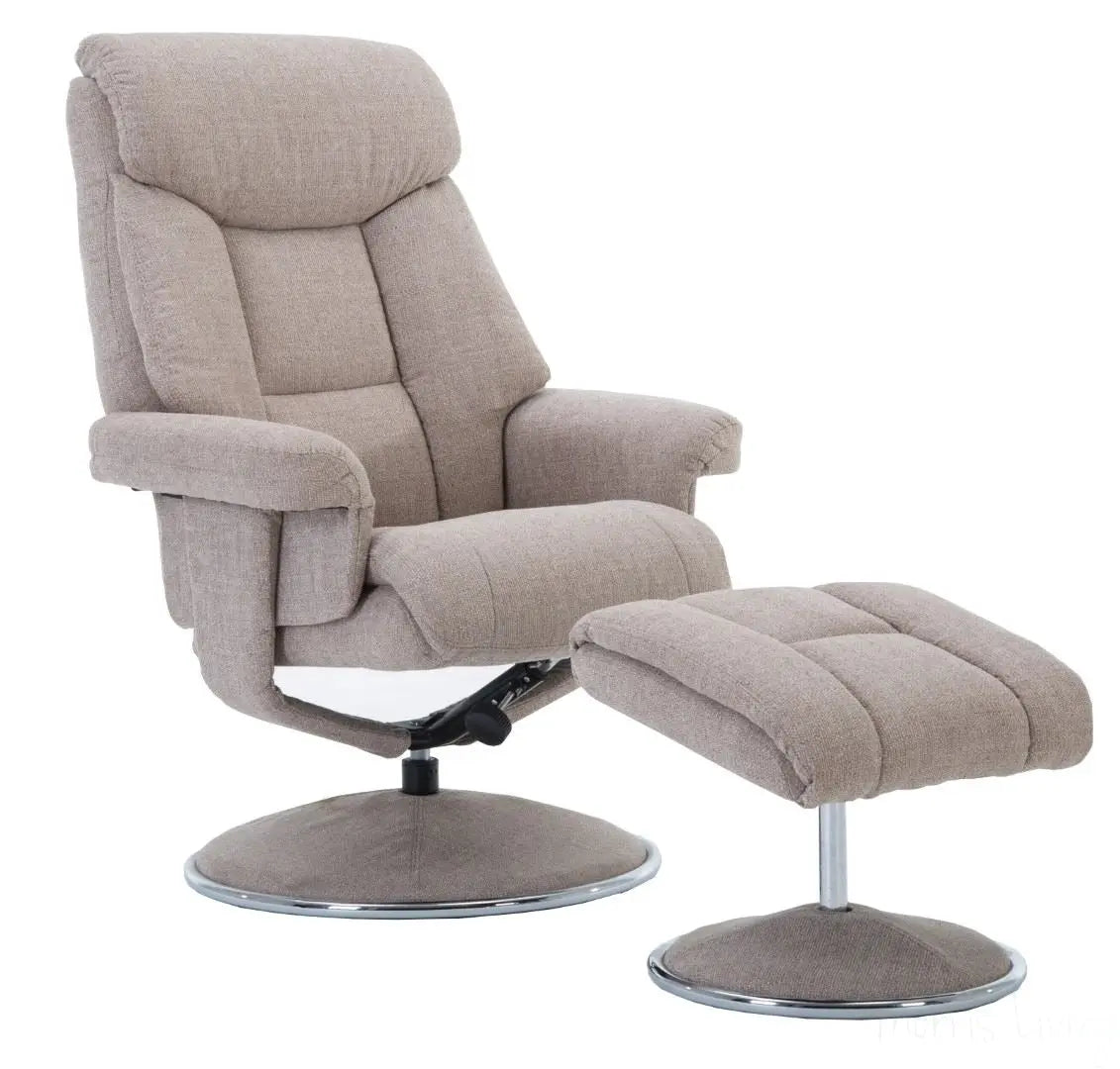
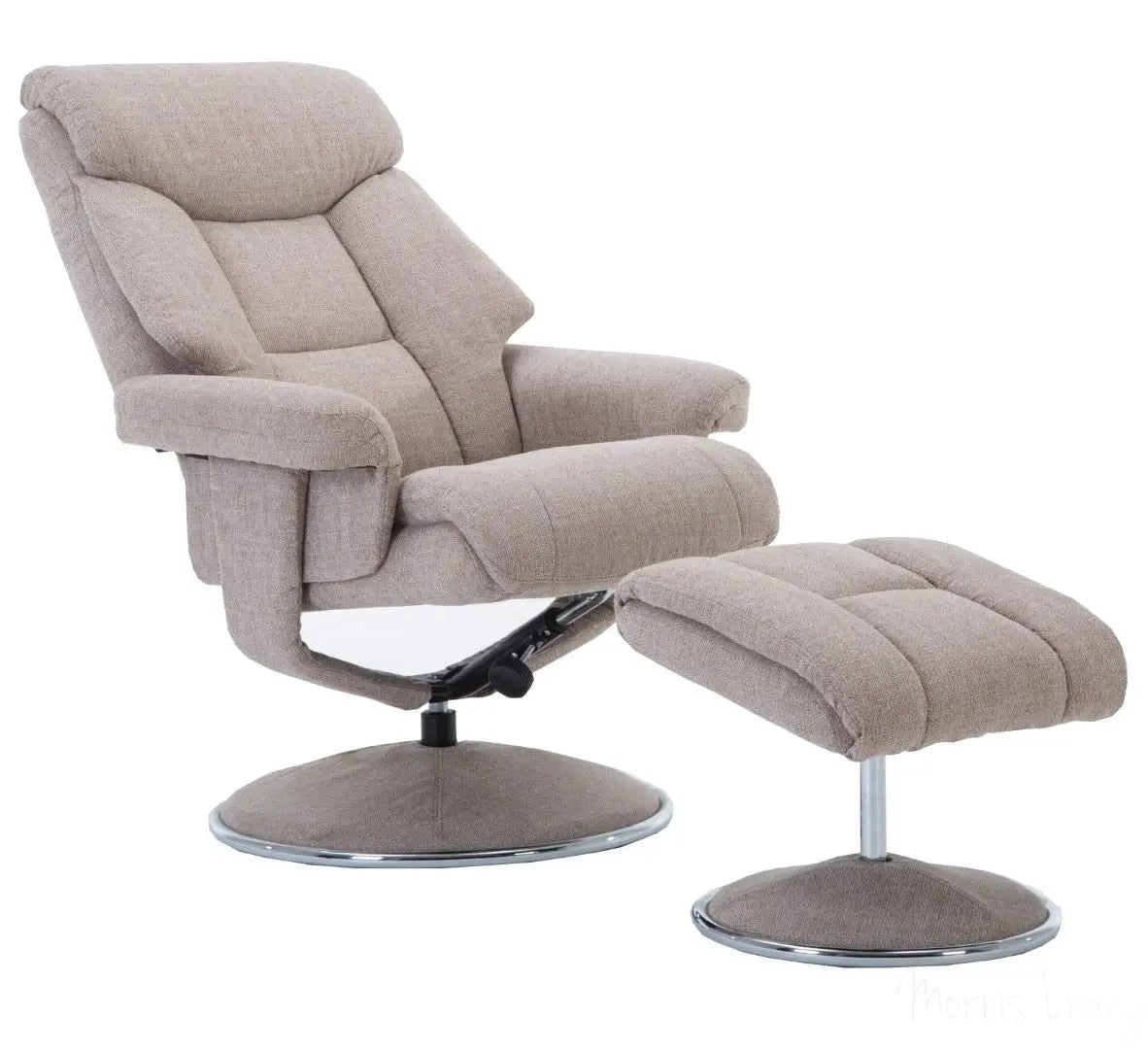
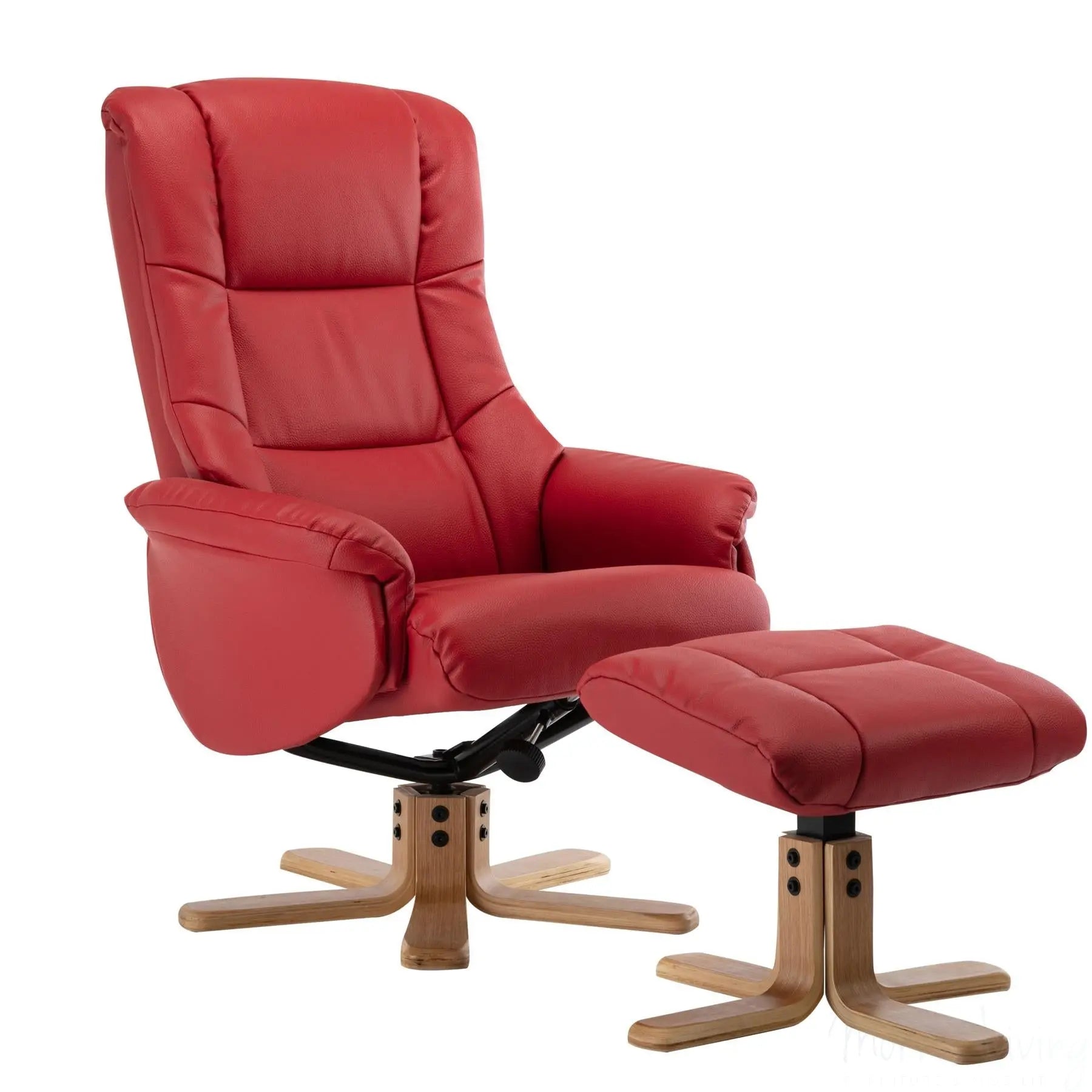
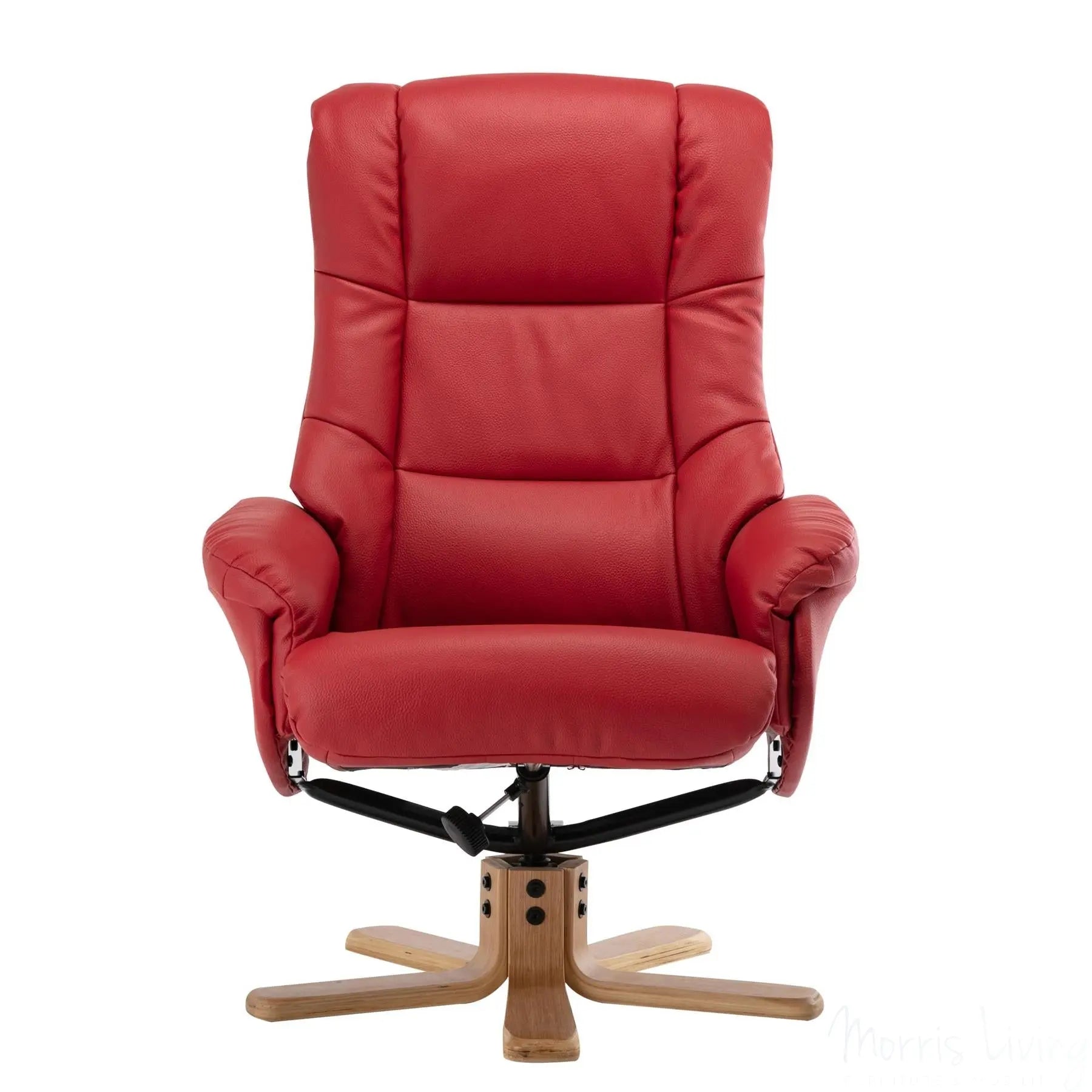

36 Comments
Unbelievable but true! I’m Paul Corcoran , I still can’t believe how it happened, I actually won the $2,000,000 million dollars lottery after reaching out to Chief Ade, the man with the most powerful and genuine spell I’ve ever seen! I had lost all hope after years of trying my luck, but Chief Ade’s winning spell completely turned my life around. Within days everything changed, the numbers came through and my life has never been the same since. If you’ve been struggling or doubting, don’t wait too long Chief Ade is truly the real deal Email chiefadespellhome@gmail.com or WhatsApp +234 901 380 6328 THANK YOU
Unbelievable but true! I’m Paul Corcoran , I still can’t believe how it happened, I actually won the $2,000,000 million dollars lottery after reaching out to Chief Ade, the man with the most powerful and genuine spell I’ve ever seen! I had lost all hope after years of trying my luck, but Chief Ade’s winning spell completely turned my life around. Within days everything changed, the numbers came through and my life has never been the same since. If you’ve been struggling or doubting, don’t wait too long Chief Ade is truly the real deal Email chiefadespellhome@gmail.com or WhatsApp +234 901 380 6328 THANK YOU
My friend Greg at the office introduced me to Bitcoin trading, which I ignored. The firm we worked for went into recession and closed down, which made him leave for a new job. Gradually, we watched the company fold after the demise of the owner. I ended up searching for a new pay job but couldn’t secure one due to the impact of the covid 19. I phoned Greg to inquire about the vacancy at his workplace, but never did I know that he had quit his job to be an agent for a crypto company. At little time of departure, he owns a car and scouting for a home to buy with his returns and referral bonuses. I engaged in learning through him but the situation got another shape when he was sent to Australia for management reasons. He referred me to his company EMAIL address: recoveryhacker101@gmail.com At the mention of his name, I was placed on an automatic investment plan of $1000 .its been 4 months now, and although the price of bitcoin isn’t constant, with this I have invested all my life savings into their program and I can boast of additional $70000 in my wallet. if your lost or stolen wallet needs retrieval and how to begin trading, talk to them.
Bram OrrieHOW I RECOVER $850 FROM FAKE INVESTMENT BROKER ONLINE
I’m grateful to THE HACK ANGELS RECOVERY EXPERT for helping me recover my stolen Bitcoin. After losing funds to a fake platform, I felt hopeless. I am deeply grateful for their support. If you have fallen victim to a Bitcoin scam or any other form of cryptocurrency fraud, don’t give up. Reach out to THE HACK ANGELS RECOVERY EXPERT Contact:
WhatsApp (+1(520)200-2320
Email at support@thehackangels.com
Website at www.thehackangels.com
If you’re in London, you can even visit them in person at their office located at 45-46 Red Lion Street, London WC1R 4PF, UK.
HOW I RECOVER $850 FROM FAKE INVESTMENT BROKER ONLINE
I’m grateful to THE HACK ANGELS RECOVERY EXPERT for helping me recover my stolen Bitcoin. After losing funds to a fake platform, I felt hopeless. I am deeply grateful for their support. If you have fallen victim to a Bitcoin scam or any other form of cryptocurrency fraud, don’t give up. Reach out to THE HACK ANGELS RECOVERY EXPERT Contact:
WhatsApp (+1(520)200-2320
Email at support@thehackangels.com
Website at www.thehackangels.com
If you’re in London, you can even visit them in person at their office located at 45-46 Red Lion Street, London WC1R 4PF, UK.